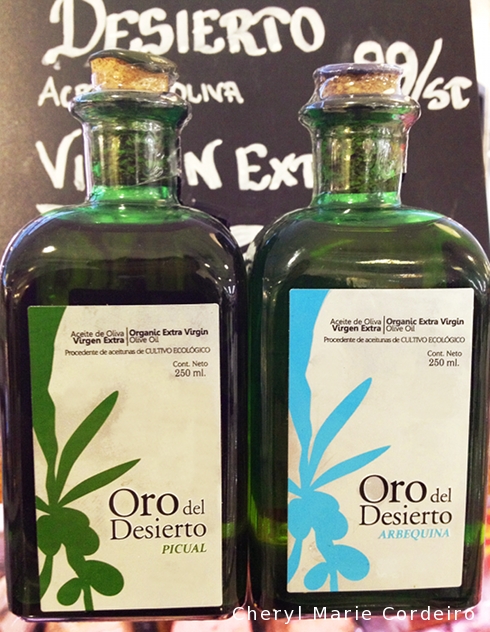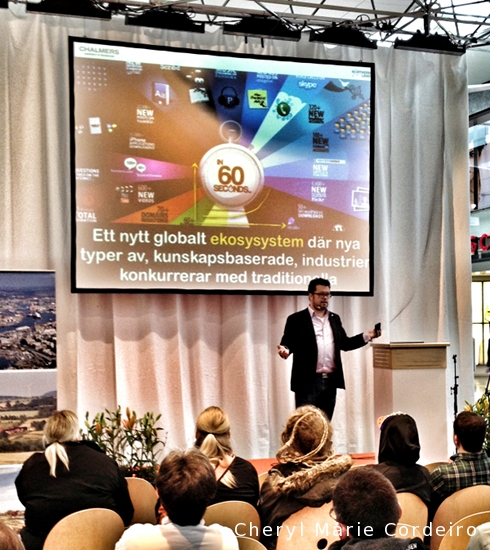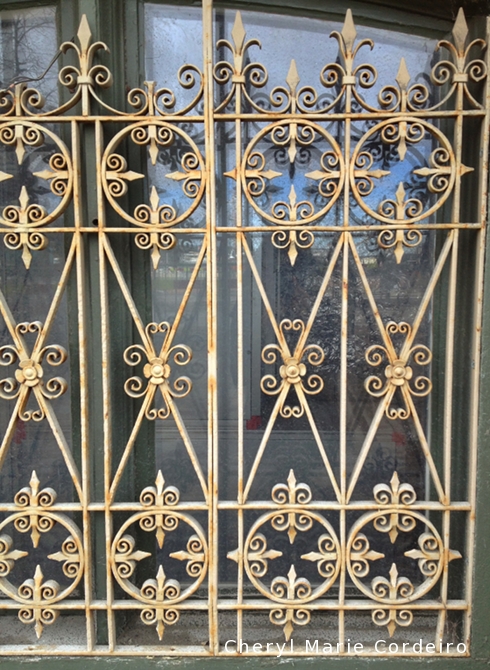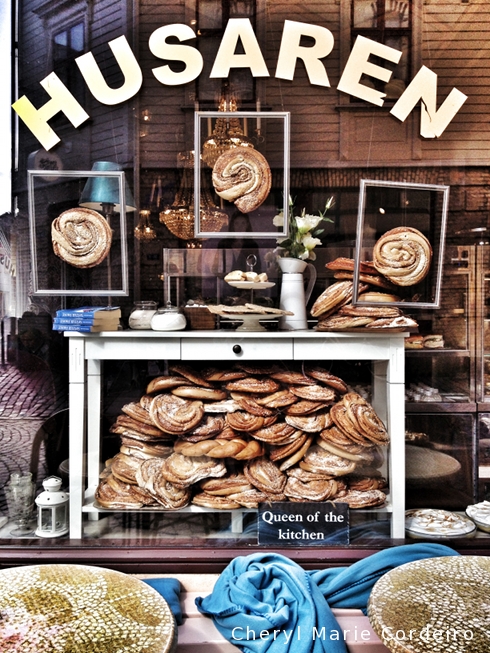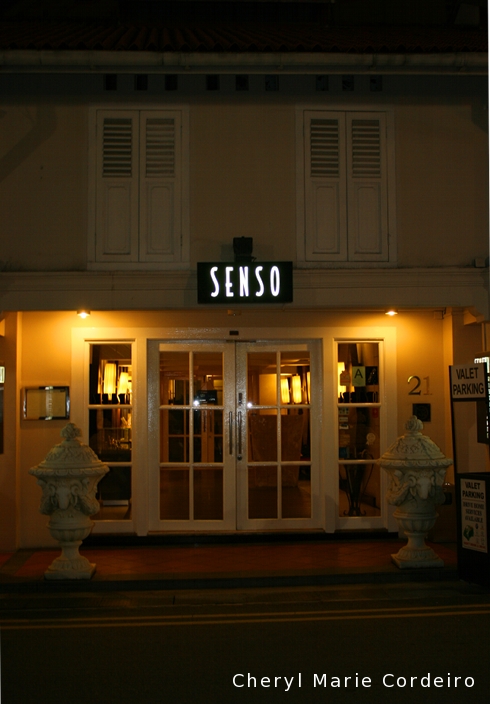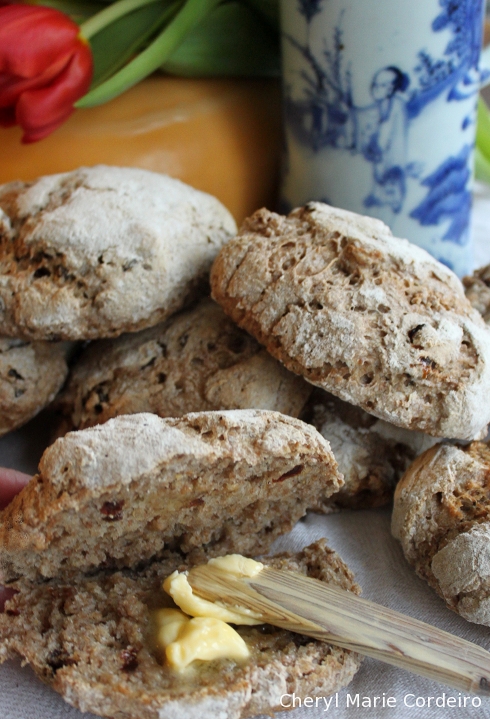
Teahouse. 高山流水.
Tea-drinking at teahouses is a tradition in China that goes back to the Three Kingdoms of Wei, Wu and Shu, 220-280 AD.
Text & Photo © JE Nilsson, CM Cordeiro 2010-2013
Walking through the streets of Hangzhou, I could never quite grasp the sentimental feelings of its romantic past even as my eye caught the elegant lines of temples, the fine pagodas and the many intricately carved bridges that made the landscape so picturesque.
But arrive at the calm and mirroring waters of West Lake, and the realization sets in – that the city through numerous phases of transformations, carries within its aura a purity of natural beauty and a sense of timelessness. And it is perhaps this, that rocked the souls of the literati both past and present.
Continue reading “Teahouse in Hangzhou“

